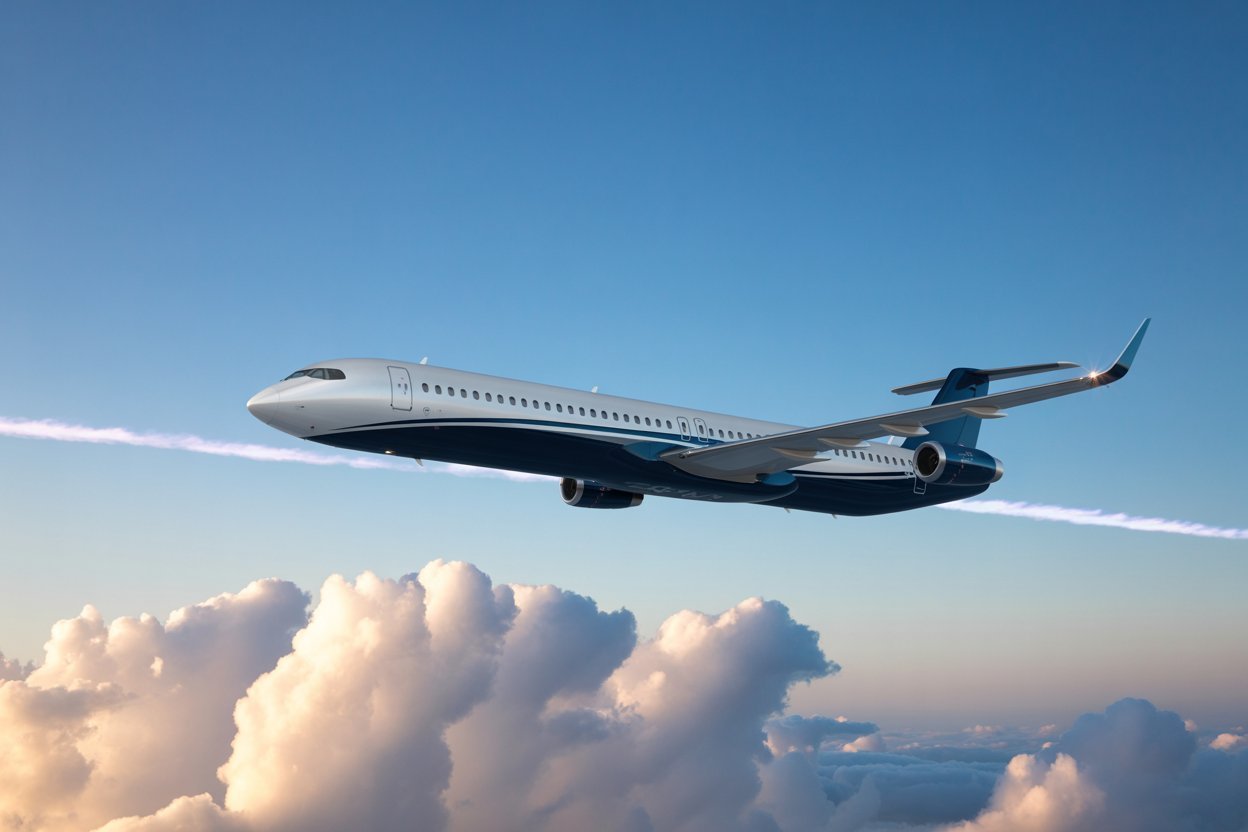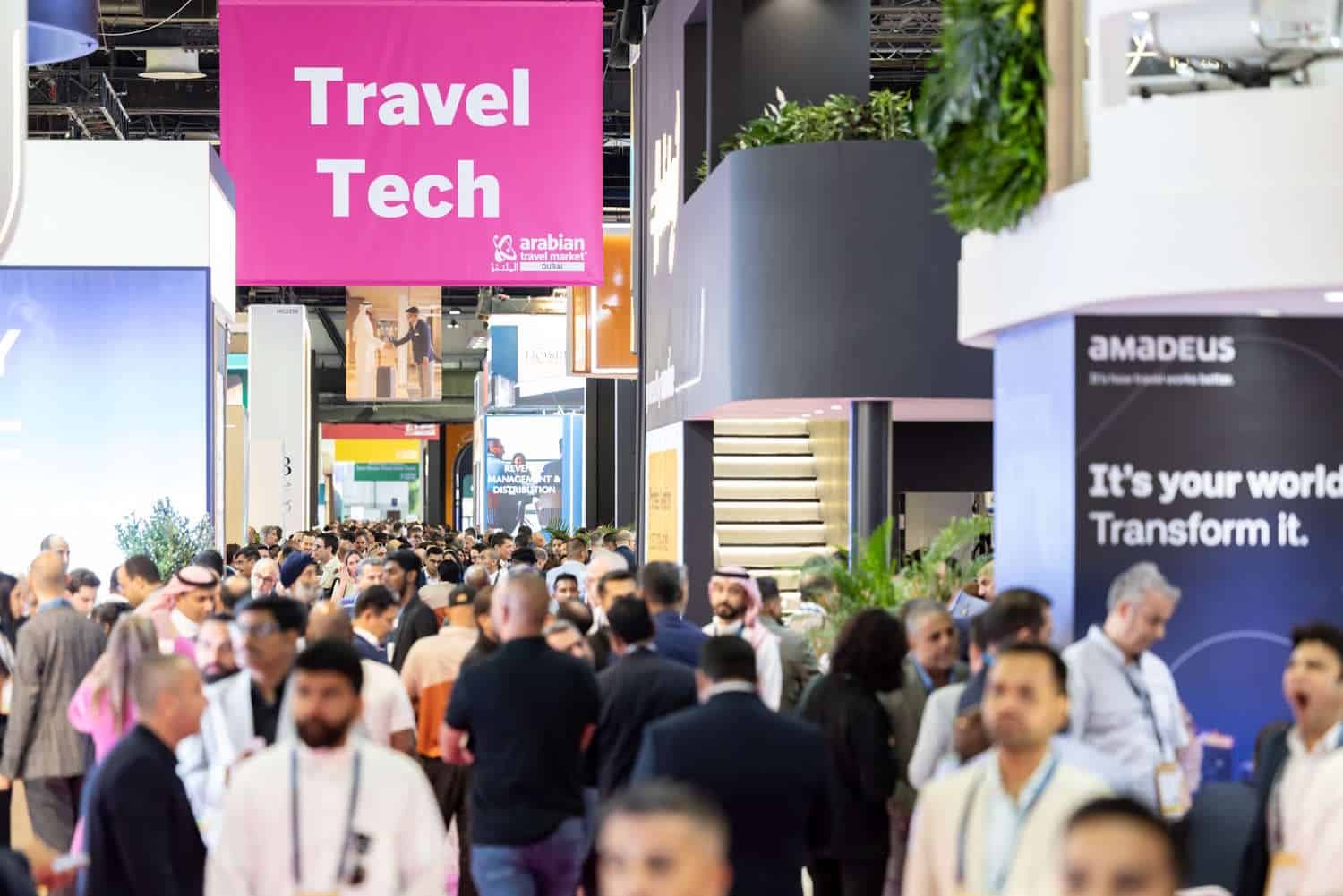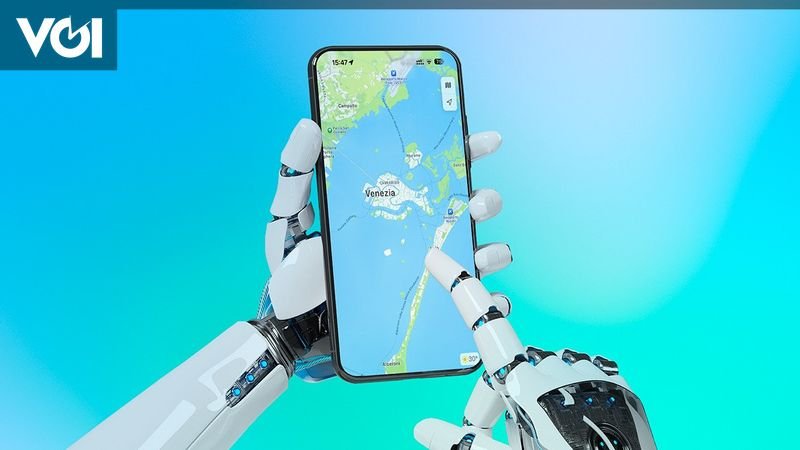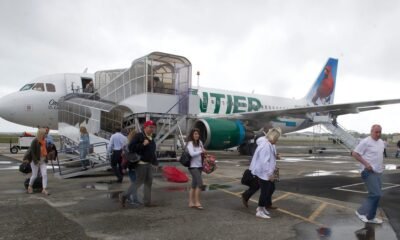AI in Travel
AI in Air Pricing: How It Impacts Travelers and Flight Booking Decisions

Published on
August 21, 2025
Artificial Intelligence (AI) is transforming the airline industry. This growing reliance on AI is creating significant changes for both airlines and consumers, offering new advantages for smart buyers who understand how to use the technology to their benefit.
The Mechanisms Behind Dynamic Airfare Adjustments
Airlines collect real-time data about a range of factors that influence flight demand, such as seasonal shifts, local events, global economic conditions, and even weather patterns. This often means that travelers might see fluctuating prices throughout the day or even within hours of booking.
How AI Benefits Airlines and Consumers Alike
For consumers, AI’s role in air pricing can seem complex, but it offers numerous benefits if approached with the right strategy. These help customers plan their purchases, alerting them when prices are at their lowest and offering predictive pricing models to forecast when flight prices may rise or fall.
The Impact on Travel Buyers: When Is the Best Time to Buy?
Travelers can leverage AI-powered systems to make more informed decisions about when to buy their tickets. Tools like these utilize historical data combined with real-time trends to provide recommendations on the best time to buy, often saving consumers hundreds of dollars by forecasting fluctuations in airfares.
Challenges for Travelers in the Age of AI Pricing
Prices can fluctuate rapidly, and some travelers may feel overwhelmed by the complex patterns of airfare pricing. Additionally, AI technology often results in price discrimination, where different customers pay different prices for the same flight depending on when and how they book. However, for those who understand how AI works, it can become an advantage rather than a hurdle.
Looking Ahead: The Future of AI in Air Travel
The future of AI in air pricing seems promising, as technology continues to evolve. Airlines are expected to expand their use of machine learning algorithms to further refine pricing models. Furthermore, AI’s role in sustainability within the airline industry is expected to grow.
For travelers, the key to navigating this new world of AI-driven pricing is adaptability and knowledge. By understanding how AI impacts pricing, consumers can make smarter purchasing decisions, maximizing the potential savings and minimizing frustration.
Embracing AI for Smarter Airfare Purchases
As AI continues to reshape the landscape of air pricing, it’s important for travelers to stay informed and make the most of the opportunities provided by technology. While the complexity of AI pricing may initially seem intimidating, embracing these technological advancements.
AI in Travel
AS 60% OF UAE TRAVELLERS RELY ON AI TO PLAN TRIPS, HUMAN CONNECTION REMAINS VITAL

Travel technology is transforming the industry globally, changing the way travellers plan, book, and experience their journeys. According to a recent report by Tourism Economics on behalf of Arabian Travel Market (ATM), 60% of travellers in the UAE trust Artificial Intelligence (AI) to plan every aspect of their trips, compared to 48% of travellers in other countries, with this figure predicted to rise as technology becomes more embedded into consumer habits.
According to the report, AI is becoming a key tool for travellers planning trips to the Middle East. Nearly six in ten have used AI for travel planning, with 21% using it before their most recent trip. As AI adoption grows, it is expected to play an increasing role in delivering personalised recommendations and booking experiences for tech-savvy travellers. The research also confirmed that travel firms are harnessing AI to enhance customer service and drive economic impact.
In line with the digital transformation within travel and tourism, ATM 2025 provided a platform for experts across the technology, hospitality and events industries to discuss the implications for human connection as AI-powered tools, personalised service platforms, and data-led design become more prevalent.
Speaking during the event, Amy Read, VP Innovation at Sabre Hospitality, said: “It is important to recognise that human connection is at the core of hospitality. When we think about innovation within hospitality, we try to find ways that amplify those key moments, rather than replace them. We want to free up staff time so that they can engage in more meaningful interactions.”
Read acknowledged that it is vital for the industry to recognise that technology has changed guests’ expectations of hospitality providers as they now seek instant gratification and swift responses. This has led to the development of innovative solutions such as SynXis Concierge AI, which uses generative AI to transform customer service for hoteliers, providing immediate, detailed, and accurate responses to specific queries, reducing the reliance on individual staff knowledge and ensuring consistent, high-quality service around the clock.
Other examples include Miral’s AI concierge, Majd Al, which is utilised at attractions such as Yas Bay Waterfront and Ferrari World Yas Island in Abu Dhabi. The service offers tailored suggestions based on individual preferences, helping visitors maximise their experience.
Fellow panellists agreed that human-centric innovation begins with understanding consumer behaviour, with organisations like Almosafer adopting a co-creation approach, developing tools based on customer pain points. Similarly, travel agent platform Expedia TAAP builds technology informed by insights from travel agents themselves, ensuring that its tools are aligned with customer needs and are usable.
Meanwhile, the rise of AI in the business events (MICE) sector is delivering significant gains in efficiency and insight. With the global meetings and events industry set to reach USD 945 billion in 2025 and projected to exceed USD 2.3 trillion by 2032, the need for scalable, intelligent tools has never been greater. Data-led personalisation is now critical to driving attendee engagement and loyalty, with AI helping to automate sourcing, translate content in real time, and generate tailored event experiences.
However, speakers were united in warning against over-reliance on technology at the expense of authenticity. As AI becomes central to personalising travel experiences and improving operational efficiency, it does not replace human roles but rather reshapes them, encouraging organisations to realign talent towards more meaningful, guest-focused interactions. Ultimately, as event planners and travel providers aim to create experiences that resonate, the consensus remains that human connection must stay central to every digital advancement.
Danielle Curtis, Exhibition Director ME, Arabian Travel Market, commented: “When it comes to travel and tourism innovations, the most effective technologies are those that amplify human interactions, improve efficiency and respond directly to customer needs. The industry has a shared commitment to responsible innovation by placing people at the centre of every technology solution.”
Reflecting the travel industry’s total convergence with technology and innovation, ATM Travel Tech was larger than ever at the 2025 edition, with an increase of over 26% in the number of products showcased. ATM 2026, which takes place from 4-7 May, will build further on this innovation focus, showcasing the latest technologies that are shaping the future of travel.
The latest ATM news stories are available at https://hub.wtm.com/category/press/atm-press-releases/.
Register your interest to attend: Register for ATM updates
Enquire to exhibit: Exhibitor Enquiry for Arabian Travel Market
AI in Travel
Kaspersky Remembers The Dangers Of ‘AI Hallaination’ In Travel Planning

JAKARTA – Kaspersky’s latest survey sees that artificial intelligence (AI) is increasingly being used to help tourists plan trips, from seeking accommodation to recommendations for activities.
The survey, which involved 3,000 respondents in 15 countries, shows that only 28% of tourists use AI for holiday planning. Even so, 96% of them were satisfied and 84% intended to use it again.
Some of the trends of using AI we observed show that the role of AI in solving daily problems is changing. This technology is getting more mature and quickly fulfills its promise for better research and produces creative ideas, “said Vladislav Tunownov, Group Manager at the Kaspersky AI Technology Research Center.
This high level of satisfaction confirms the potential of AI as a digital assistant in the travel world. However, there is also a dangerous side. Kaspersky highlighted the case of Australian writers who failed to attend a conference in Chile for following ChatGPT’s wrong visa advice.
This event shows the risk of ‘AI halusination’, where the system generates wrong answers that can harm users if swallowed rawly.
AI-powered services are becoming an increasingly popular tool. However, we must keep in mind that the decision is in our hands,” added Vladislav Turnov, further.
To reduce risk, Kaspersky advises tourists:
The English, Chinese, Japanese, Arabic, and French versions are automatically generated by the AI. So there may still be inaccuracies in translating, please always see Indonesian as our main language.
(system supported by DigitalSiber.id)
AI in Travel
AI Starts As A Mainstay In Planning For Holidays

JAKARTA – In recent years, artificial intelligence (AI) has become an integral part of internet use, changing the way we seek and verify information.
At the peak of the holiday season, Kaspersky decided to find out how often people use AI in planning travel agendas, and what aspects tourists are ready to entrust to artificial intelligence.
As a result, a survey involving 3,000 respondents from 15 countries confirmed that AI had become a widely spread tool among active internet users, 72% of respondents admitted to using AI at least once.
The most popular use of AI is for research (76%), followed for work purposes (45%) and learning (40%). Meanwhile, entertainment (39%) and technology experiments (39%) occupy the next position. The use of AI for travel planning is only 28%.
Even so, the level of satisfaction of AI users in travel planning is very high: 96% are satisfied, with 44% assessing perfect’ and 52% good’. A total of 84% of respondents even said they would return to using AI in the future.
In the context of travel, AI is mostly used for research. A total of 70% of respondents rely on AI to find events or activities, 66% to choose accommodation, 60% to look for restaurants, and 58% to help with ticket purchases.
Interestingly, families with children are more active in utilizing various AI functions than childless tourists, suggesting that AI can help save time.
However, for direct bookings, AI users are still limited. Only 45% of respondents booked hotels via AI, 43% booked tickets, and 38% ordered restaurants.
Interestingly, 45% of respondents also used AI to answer questions related to visas and migrations, which Kaspersky said could raise its own concerns.
The English, Chinese, Japanese, Arabic, and French versions are automatically generated by the AI. So there may still be inaccuracies in translating, please always see Indonesian as our main language.
(system supported by DigitalSiber.id)
-

 Brand Stories1 month ago
Brand Stories1 month agoBloom Hotels: A Modern Vision of Hospitality Redefining Travel
-

 Brand Stories1 month ago
Brand Stories1 month agoCheQin.ai sets a new standard for hotel booking with its AI capabilities: empowering travellers to bargain, choose the best, and book with clarity.
-

 Destinations & Things To Do1 month ago
Destinations & Things To Do1 month agoThis Hidden Beach in India Glows at Night-But Only in One Secret Season
-

 Destinations & Things To Do1 month ago
Destinations & Things To Do1 month agoUntouched Destinations: Stunning Hidden Gems You Must Visit
-

 AI in Travel1 month ago
AI in Travel1 month agoAI Travel Revolution: Must-Have Guide to the Best Experience
-

 Family Travel2 months ago
Family Travel2 months agoThings to Do Indoors in New Jersey
-

 Ways to Travel2 months ago
Ways to Travel2 months agoNCT Dream embarks on time-travel adventure in 5th album 'Go Back to the Future' – ABS-CBN
-

 Restaurants & Food5 months ago
Restaurants & Food5 months ago10 New Restaurants In Delhi NCR To Head To This Month
-

 Brand Stories2 months ago
Brand Stories2 months agoVoice AI Startup ElevenLabs Plans to Add Hubs Around the World
-

 Brand Stories1 month ago
Brand Stories1 month agoContactless Hospitality: Why Remote Management Technology Is Key to Seamless Guest Experiences













You must be logged in to post a comment Login